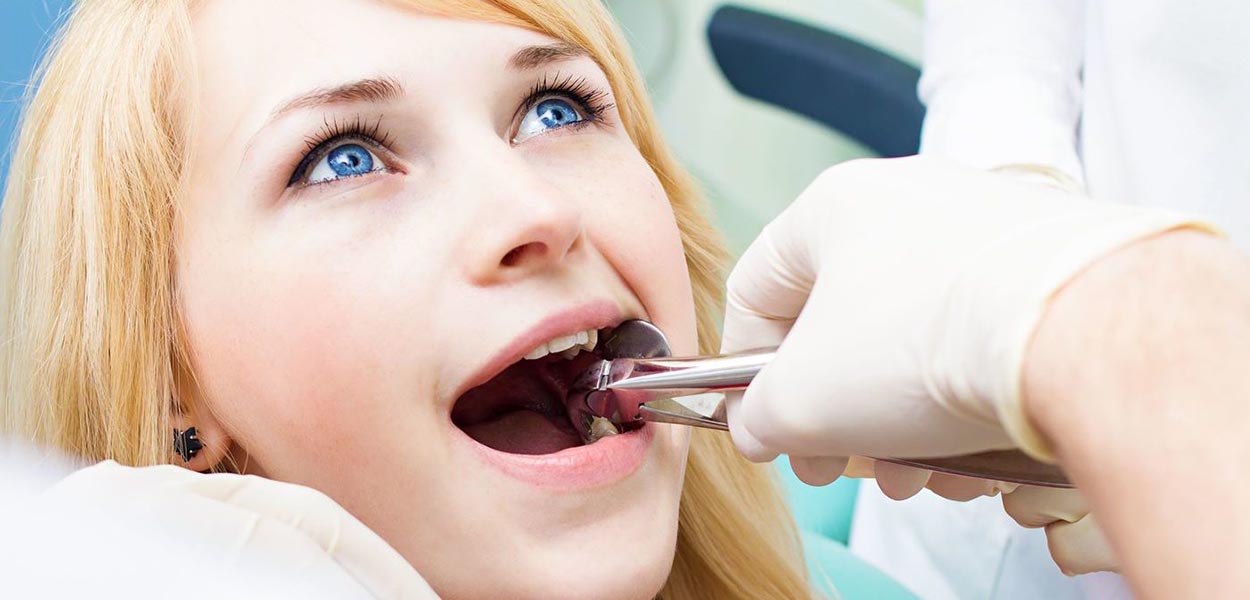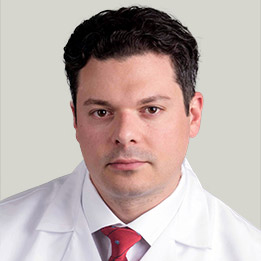Do Adults Need Teeth Pulled Before Getting Braces?


I’m 41 and am tired of my bad smile. I’m worried about getting braces at my age, though. My brother had braces recently, and his orthodontist had to pull teeth before starting treatment. Do all adults need teeth pulled before undergoing orthodontic treatment?Sincerely,
Jennifer K.

Congratulations on making the decision to improve your smile. I fundamentally believe that patient education is a cornerstone to a successful doctor-patient relationship. You’ll discover that orthodontics is about much more than cosmetics, and you’ll get not only a more beautiful smile, but also a mouth that is healthier and that functions better, too.It is never too late to undergo orthodontic treatment. But, because adults don’t have the benefit of a growing jaw to work with, treatment can sometimes look different as an adult than it does for an adolescent. Sometimes, we do need to remove teeth to give patients the best bite. Without examining you myself, I can’t be sure that you would fall into this category. However, I’ll do my best to explain what factors can come into play when seeking orthodontics as an adult. I can happily tell you that due to our customized, precise design of treatment, approximately 95% of my adult patients do not require extractions. The reason why the majority of orthodontic patients (75%) are adolescents is because the most ideal time to seek treatment is while the jaw is still growing. We can aid in jaw growth, ensuring that there is adequate room for all the teeth in the mouth. If your jaw is too small, we can use an expander to help the jaw grow enough to accommodate your teeth. As an adult, you don’t have that benefit. But that doesn’t mean we can’t still give you a gorgeous smile that functions well now.
If you have an issue of crowding, we look at how much space is left in your jaw to properly align the teeth. If the amount of space available is less than the space needed, we may have to remove teeth to achieve the ideal bite, but only after exhausting other options.
If you have an overbite or underbite (how the teeth and jaws overlap), we’ll check the size of the jaw discrepancy. For many patients, it is small enough to not require jaw surgery.
Every orthodontic patient is different, so every treatment plan will be different. After a physical examination, and a discussion with you about your smile goals, as your orthodontist I will craft a treatment plan that is specific to you. Just because your brother had teeth removed, that doesn’t necessarily mean you’ll need them removed.
Improving your smile at any age is a great thing – you can not only increase your self-confidence, but you can improve the health of your smile, saving you time and money spent in your dentist’s chair. But it is important to know what to expect before beginning treatment. Your orthodontist should clearly explain everything you need to know, but should also be willing to answer any questions or concerns you may have.
I successfully treat patients of all ages in my office, some after having teeth removed and most who don’t require it. If you’re interested in a free consultation to learn more about how you can improve your smile and bite, call my office today.
Sincerely,
Dr. Stosich
I am interested in getting braces to improve the look of my smile, but my dentist said he’s pretty sure I’ll need jaw surgery. Why would I need jaw surgery if braces can move my teeth?
Sincerely,
Carl M.

Based on your question, I assume you are an adult seeking out orthodontic treatment. You aren’t alone – nearly one in five orthodontic patients today is an adult. Orthodontic treatment can do so much more than just give you a pretty smile, it can also help prevent decay, broken and chipped teeth, and gum disease.However, getting braces as an adult isn’t always as easy as it is as a teenager or adolescent. That’s because your jaw has stopped growing. The braces move your teeth to new locations, yes, but they can only do that if there is enough room in your mouth to move them there.Some, though not many, adult patients will require jaw surgery of the upper, lower or both jaws to provide adequate space to align the teeth. In women, the jaw typically stops growing by age 15, and for men it stops growing around age 18.
A consultation with a certified orthodontist can diagnose your issue and craft a treatment plan that will achieve the best results. Depending on the findings, some patients may be able to get ideal results without the need for jaw surgery. If jaw surgery is recommended, get a second opinion to be sure.
If you require jaw surgery, you will most likely have orthodontics before and after the surgery to ensure you have the best result. Before surgery, the orthodontist wants to help get the teeth into position to allow for a correct bite once the jaws become aligned through surgery. Then after surgery, we’ll fine-tune your bite to ensure it looks beautiful and functions properly.
The amount of time it will take to ideally align your teeth before surgery varies, but could be as little as a few months. Once the surgery is complete, your orthodontist will refine your bite once the bones have healed properly.
The only way to know for sure if you’ll require jaw surgery, also known as orthognathic surgery, is through a consultation with a certified and well-regarded orthodontist. I am the orthodontic director for the department of surgery at the University of Chicago, and am known for my expertise in treating adult orthodontic patients. In fact, patients come to us from around the country to receive world-class treatment.
While the prospect of surgery may seem daunting today, I can assure you and ideally functioning bite can not only improve your self-esteem and confidence, but your oral health, too.
Sincerely,
Dr. Stosich


